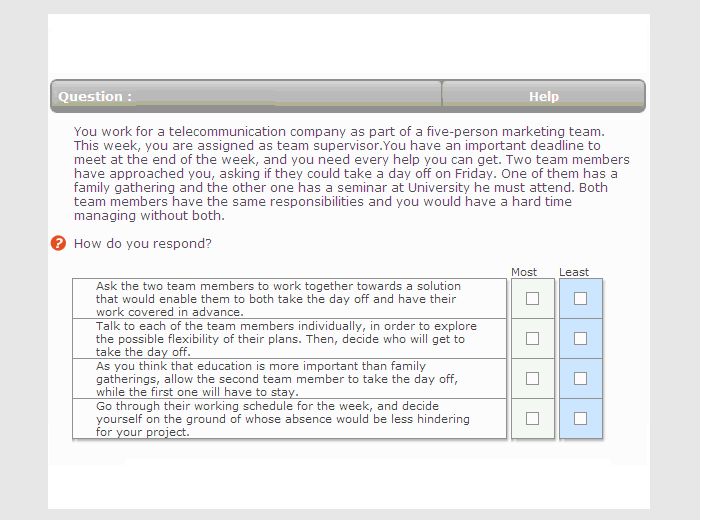
Table 9.2 offers additional information regarding these scales. When clinicians think time is limited, self-report scales can be helpful in determining which symptoms are present and how bothersome or severe each symptom is. There are several scales available for the assessment of mood disorders that might be useful in patients with acquired cerebral dysfunction. In fact, depression is frequently a very early symptom or precedes onset of illness in many neurodegenerative disorders ( Green et al., 2003 Ishihara and Brayne, 2006). Neurological illness or injury may manifest as depression. Inventories and scales based on semistructured interviews give valuable insight when used with appropriate training. In the clinic, an unstructured but targeted interview with the patient and the caregivers separately can be useful. Nevertheless, clinically meaningful and objective measures of behavioral symptoms are very important. Similarly, caregivers may also provide biased information because their current mood or degree of caregiver burden may influence their reporting of behavioral symptoms. Patients with cerebral dysfunction may have impaired insight thus they may underreport behavioral difficulties. Ample research shows that clinical ratings acquired from the patient, a collateral or spouse, and a healthcare worker can vary widely (see, e.g., Hoth et al., 2007). The validity of the behavioral dysfunction assessed can vary depending upon the source. For example, language and memory deficits occurring in individuals with cerebral dysfunction can limit self-reports and can restrict the ability to assess changes in mood or insight. 4.Ĭognitive impairments may confound the detection of behavioral changes. There is overlap between symptoms of cerebral dysfunction and symptoms of behavior and personality disturbances for example, psychomotor retardation or reduced energy, libido, or appetite might reflect an underlying syndrome (Parkinson disease ), an acquired injury (e.g., TBI), or a major depressive episode. Most available neuropsychiatric assessment tools use conventional psychiatric terminology based on idiopathic psychiatric illness, which sometimes fails to distinctly reflect the symptoms associated with acquired disease and/or trauma. Treatment of other symptoms (such as a movement disorder) may mask psychiatric and behavioral symptoms. Some limitations of the available research are as follows: 1. Clinical assessment and research of behavior and personality change in individuals with neurological disease and injury are laden with challenges and complexity.




There is evidence that appropriate treatment of behavior and personality disturbances in patients with acquired brain dysfunction can reduce required care levels and prevent hospitalizations ( Chang and Troyer, 2011 Davydow et al., 2013, 2014).


 0 kommentar(er)
0 kommentar(er)
